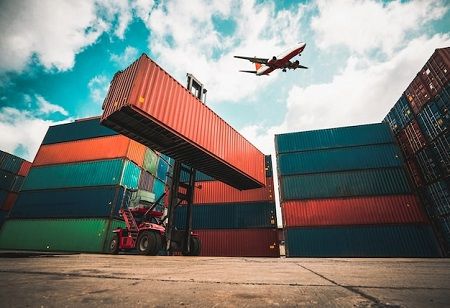
- Japan plans to boost investment in Bangladesh by improving logistics and port infrastructure.
- Talks on the Economic Partnership Agreement highlight the need for simplified rules of origin for garments.
- Bangladesh aims to expand apparel exports to Japan beyond the current $1 billion level.
Japan has reaffirmed its dedication to investing in Bangladesh, emphasizing the need to improve infrastructure, especially in logistics and port management, to enable enhanced business development. Kazuaki Kataoka, the Japan External Trade Organization (Jetro) country representative, highlighted these aspects in a meeting with leaders of the Bangladesh Garment Manufacturers and Exporters Association (BGMEA) at their Uttara office on July 30.
Kataoka stated, “Japan is one of Bangladesh’s major investment partners, and many Japanese companies are eager to expand their operations here. However, for that to happen, improvements in port operations, logistics development, and connectivity with neighboring countries are essential.”
In the conversation, BGMEA President Mahmud Hasan Khan Babu emphasized the current talks regarding the Economic Partnership Agreement (EPA) between Bangladesh and Japan. He emphasized the significance of incorporating Single Stage Rules of Origin in the pact to simplify the export process for Bangladesh garments to Japan.
Also Read: Egypt, Singapore Explore Digital Transformation Partnership for Ports
Mahmud noted, “While our current apparel exports to Japan exceed $1 billion, the potential is far greater. We are focusing on diversifying our export markets, and Japan remains a market with immense untapped opportunities. Jetro’s active support is crucial to realizing this potential.”
Jetro is essential in fostering Japanese investments in Bangladesh, promoting Japanese products and technologies domestically, and assisting Bangladeshi products in entering the Japanese market. The organization works in close partnership with the Bangladesh Government, business groups, and various stakeholders to enhance bilateral economic ties.

